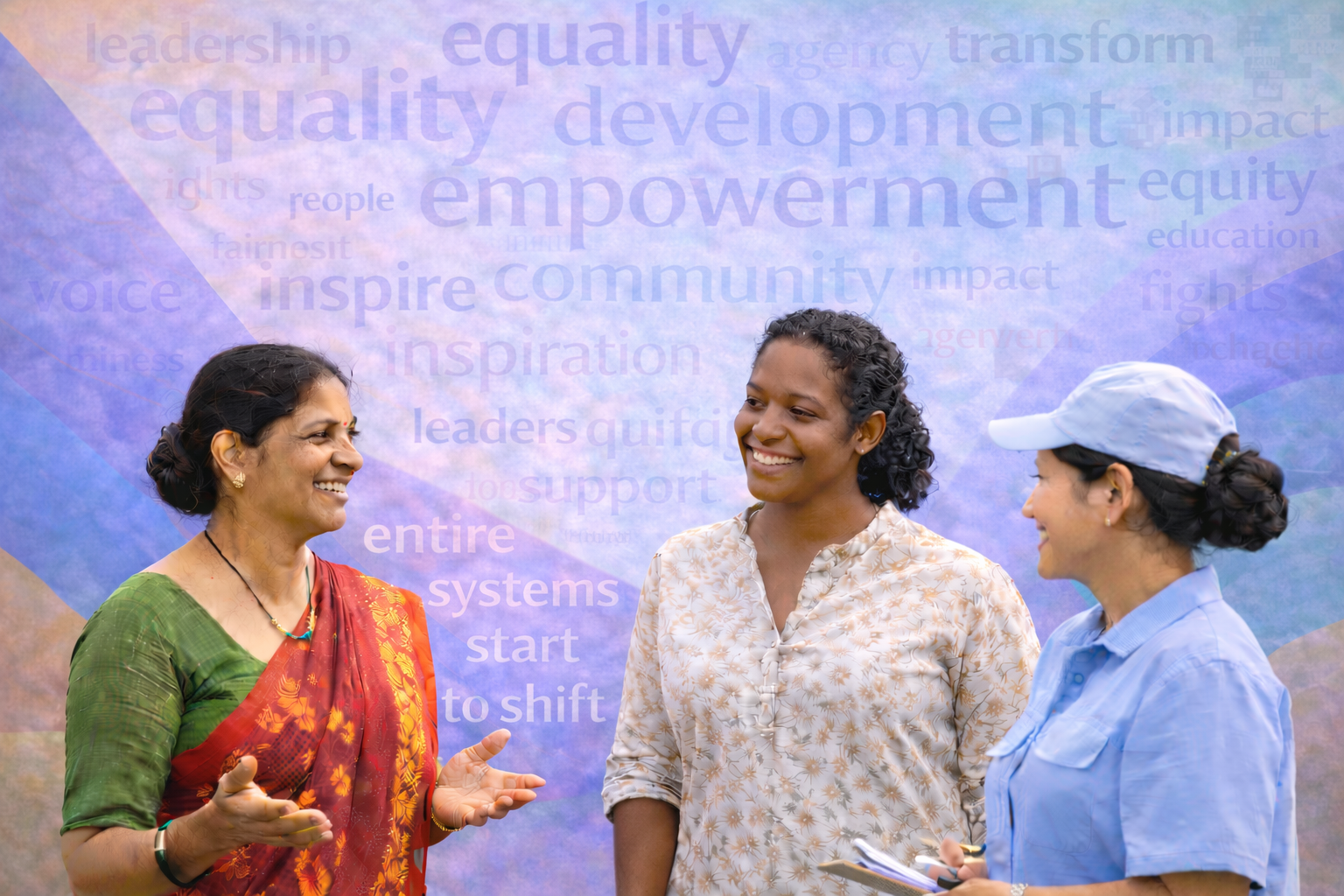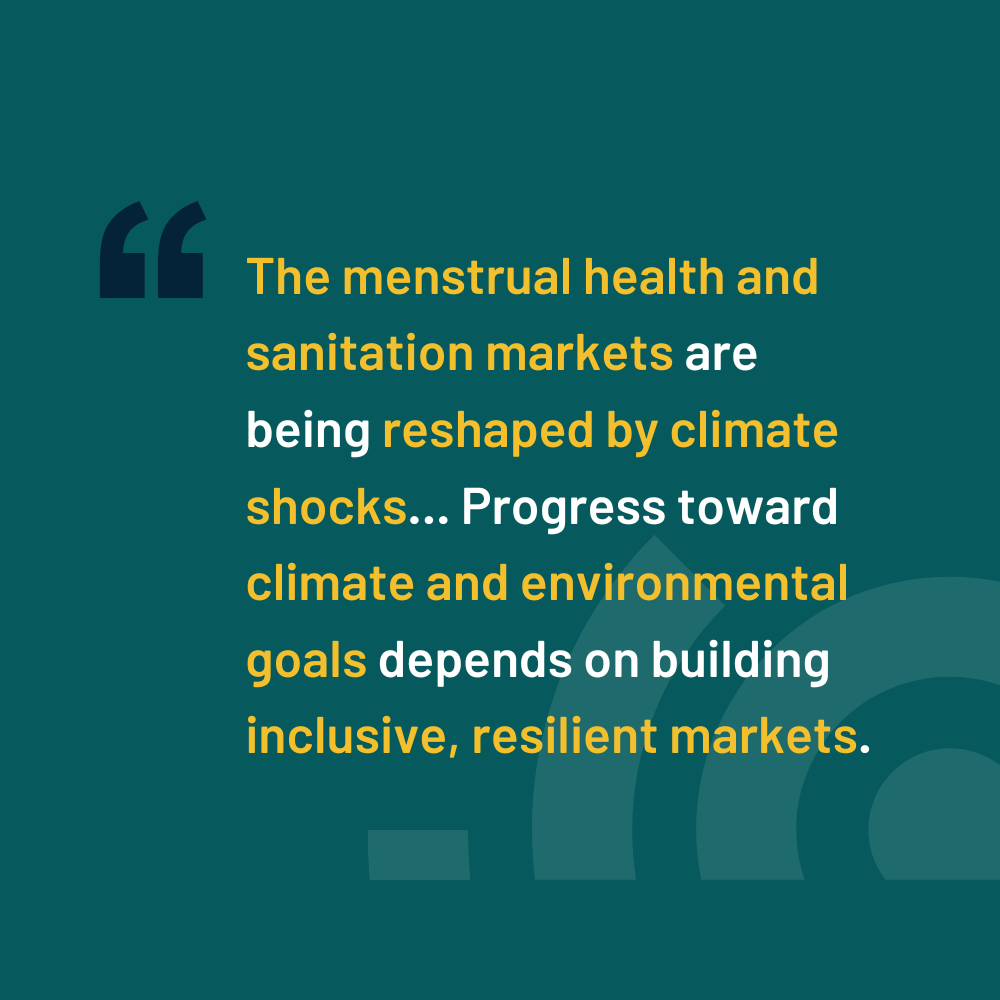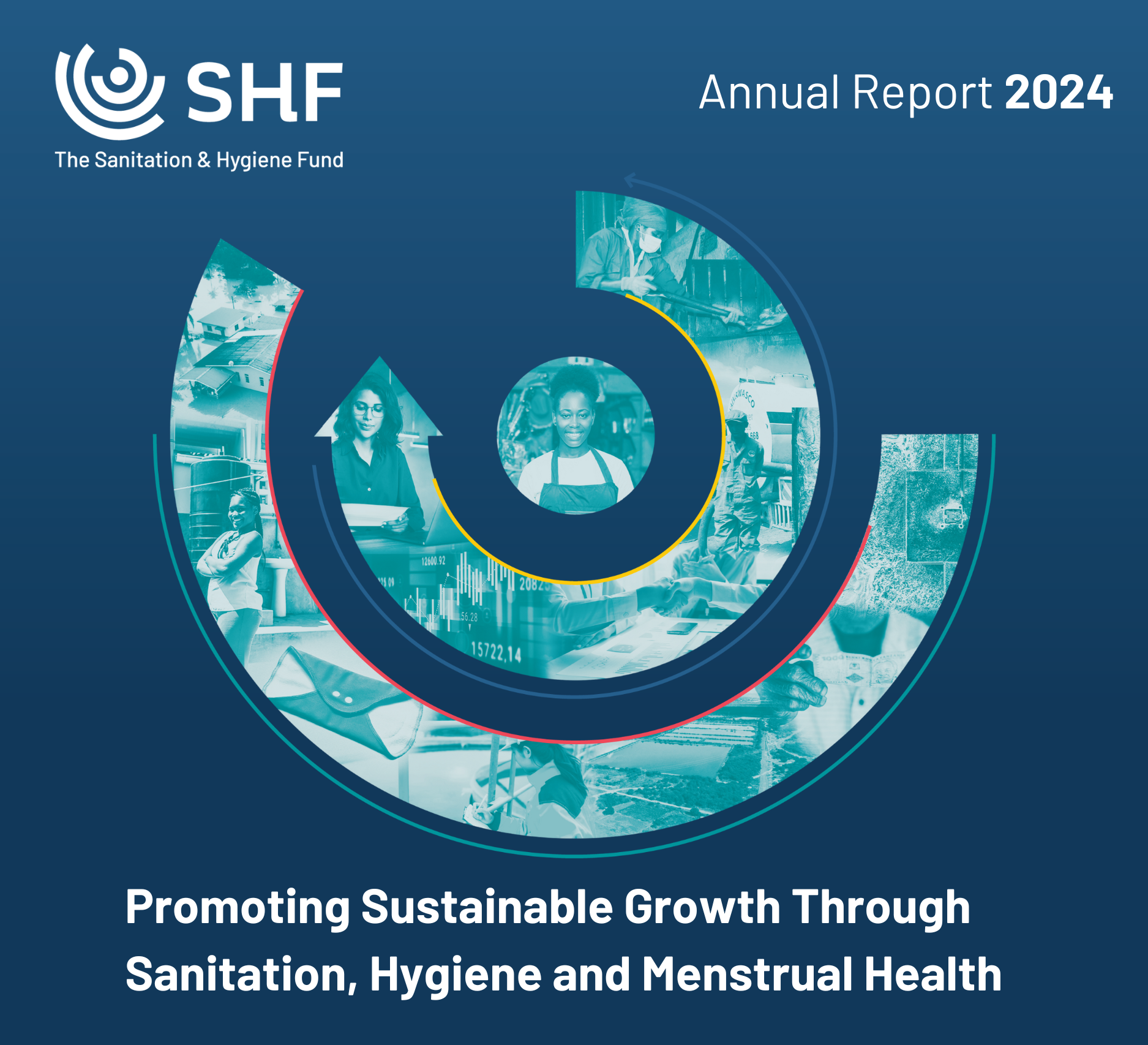Today, almost half of the world’s population lacks access to safely managed sanitation and one in four women worldwide cannot manage their menstruation safely and with dignity.
At the UN’s Sanitation and Hygiene Fund (SHF), we believe that improved access to sanitation, hygiene and menstrual health is not only a basic human right, but a key to unlocking potential for all individuals, especially women and girls.
SHF works with countries, public and private partners to develop national sanitation economies and menstrual health markets through catalytic financing and create lasting, sustainable impact. With an initial footprint in Kenya, Nigeria and Uganda, SHF is planning to scale its innovative approach in West Africa and Asia.
By prioritizing investments in next generation sanitation and menstrual health markets, SHF creates a ripple effect of positive change. When communities have access to proper sanitation facilities, they are more resilient to climate-related challenges and can thrive economically. When women and girls are able to manage their menstruation safely, they can fully engage in school, in the workplace, and in their communities.
Read more about our approach here
Read our latest news below
Discover Capital M, SHF's market-led moonshot for menstrual health
Today, roughly 613 million women and girls in Low- and Middle-Income Countries (LMICs) rely on non-purpose made materials such as toilet paper, rags to manage their menstruation. SHF's global initiative, Capital M, is designed to unlock thriving menstrual health markets and deliver lasting impact for millions of women and girls.
Together with governments, entrepreneurs and funders, we are making the menstrual health market viable, investible and sustainable.
Visit our Capital M website here.
SHF Annual Report 2024 out now!
As global development sees seismic shifts, SHF’s latest Annual Report ‘Promoting Sustainable Growth Through Sanitation, Hygiene and Menstrual Health’ highlights how innovations in approaches, partnerships and financing can help deliver catalytic impact.
Through its pioneering approaches like Next Generation Sanitation and Capital M, the SHF Annual Report 2024 outlines how SHF is being seen as a partner of choice for countries seeking to grow their sanitation economies and menstrual health market. In 2024, our work helped more than 600,000 people in Uganda and Kenya gain access to safely managed sanitation; provided capacity-building and financing to close to 70 private sector enterprises to support their scaling; and leveraged millions in public and private funding for sanitation, alongside initiatives to improve tracking of public sanitation expenditures in East and West Africa. The steadfast commitment of our donors, the Kingdom of the Netherlands, Switzerland and the Gates Foundation, has been instrumental in advancing our mission to create healthier, cleaner, and more equitable communities.




